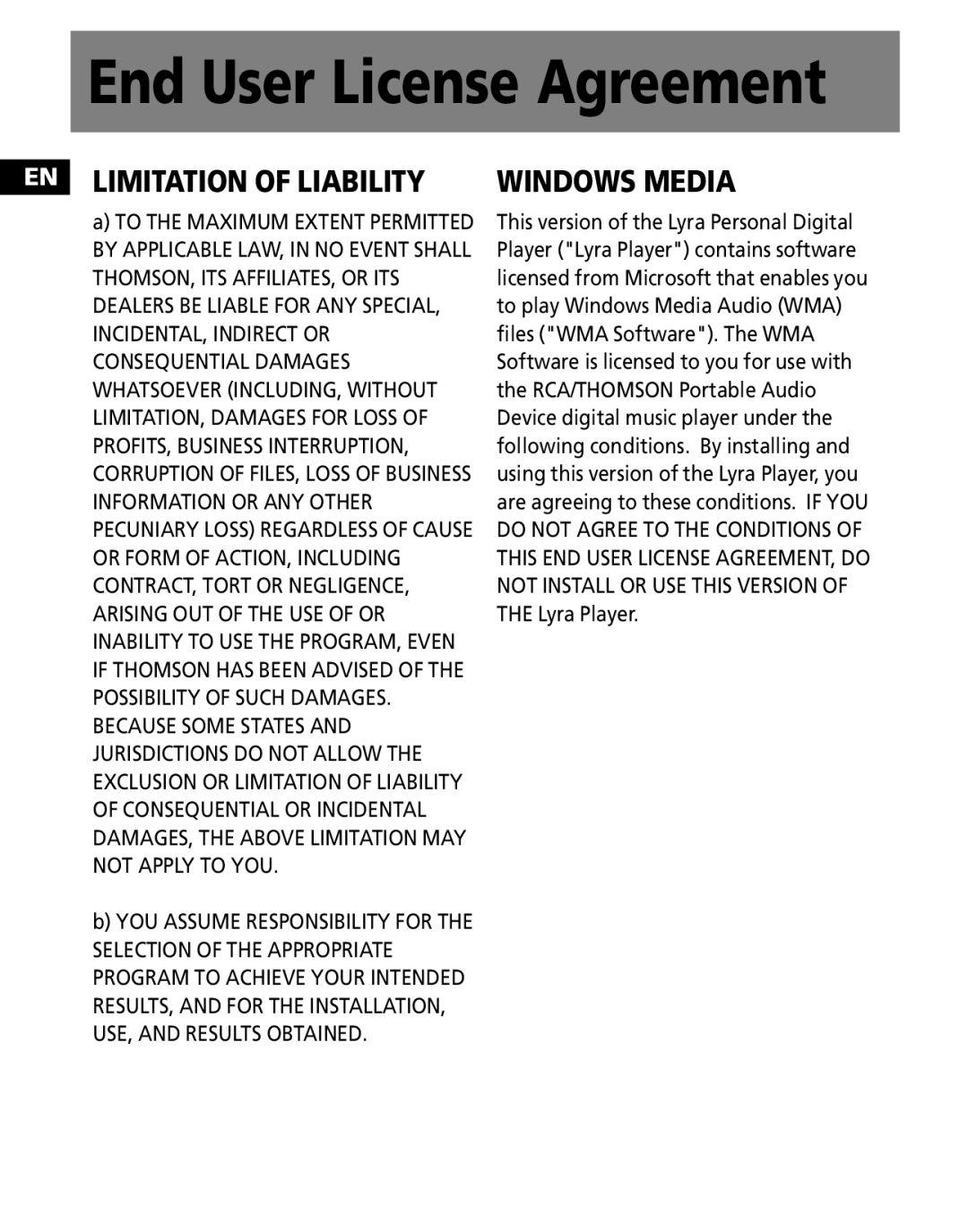M300E256, M300EG1, M300E512 specifications
The RCA M300E512, M300EG1, and M300E256 are part of a series of advanced microcontrollers designed to offer robust performance for a variety of applications. These microcontrollers are widely recognized for their reliability and efficiency, making them ideal choices for embedded systems, automation, and consumer electronics.The RCA M300E512 is particularly notable for its significant memory capacity, featuring 512K bytes of flash memory, allowing developers to store larger programs and data sets. Its architecture efficiently manages this memory, providing faster access times and enhancing the overall performance of applications. The microcontroller operates at a frequency of up to 80 MHz, ensuring that it can handle complex calculations and multitasking effectively. Furthermore, the M300E512 supports multiple communication protocols, including SPI, I2C, and UART, which enables seamless integration with various peripheral devices.
Next in line, the M300EG1 caters to applications that require a balance of performance and cost-effectiveness. With 256K bytes of flash memory, it serves as an excellent option for projects where memory requirements are moderate. Its processing speed rivals that of the M300E512, ensuring that it can manage operations efficiently. The M300EG1 also supports advanced power management features, allowing it to operate in low-power modes, which is crucial for battery-operated devices. The inclusion of built-in ADCs (analog-to-digital converters) enhances its capability to interact with the real world, making it suitable for sensor-based applications.
Lastly, the M300E256 offers a compact solution for simpler applications. With 256K bytes of flash memory, it is designed for cost-sensitive projects without compromising essential functionalities. This microcontroller operates at a lower frequency but is still powerful enough for many basic tasks. The M300E256 is processor-efficient and can handle multiple I/O tasks simultaneously, thanks to its versatile GPIO (general-purpose input/output) pins. This microcontroller also features integrated security mechanisms to protect sensitive data, making it a strong choice for secure applications.
In summary, the RCA M300E512, M300EG1, and M300E256 microcontrollers provide a diverse range of options for developers, from high-performance applications to budget-friendly solutions. Each model boasts unique features such as varying memory capacities, support for multiple communication protocols, and efficient power management, catering to a wide array of needs across different sectors. Whether for industrial automation, consumer electronics, or IoT devices, these microcontrollers exemplify the advancements in embedded technology.
